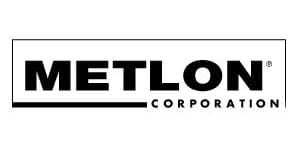Evanston, IL – June 30, 2019 – The State Senate of California has passed SB 1399, the Garment Worker Protection Act, on June 25, 2020. Secured in a 25-11 vote, the landmark bill seeks to guarantee a minimum wage for garment workers and strike down the garment-industry standard of piece-rate pay, by which workers are paid by how many garments they produce during a shift. The bill has yet to reach the legislative process but is scheduled to be submitted to the state assembly in July.
Representing the 24th State Senate District including East Los Angeles and parts of downtown Los Angeles, Sen. Maria Elena Durazo (D-Calif,) authored the bill due to finally address longstanding grievances by garment workers.
“I am grateful to my Senate colleagues for approving the Garment Worker Protection Act of 2020,” Durazo said. “It is time we demand better working conditions for women and just hourly pay for garment workers, who, when paid by the piece, earn on average $5.15 per hour.”
Moreover, the bill closes what Durazo has cited as a legal loophole. Retailers and companies who order apparel made in Californian factories will be held responsible for the wages of people employed by contractors who produced the goods. During past wage disputes, retailers have argued that contractors are solely responsible for wages for items sold at retailers’ stores. Labor advocates criticized the argument as allowing retailers to duck responsibility for paying garment workers’ wages.
Also, strongly opposed to the bill were the California Fashion Association and the California Chamber of Commerce who called SB 1399 a job killer. The CFA’s President, Ilse Metchek, said the bill would destroy opportunities for good sewers to make more money.
“It means that good sewers won’t get bonuses. What they have done is taken money away from the best of them. They have penalized the expert sewers,” Metchek said. “What they’ve done is penalize the legitimate shops. It will drive more businesses underground.”













